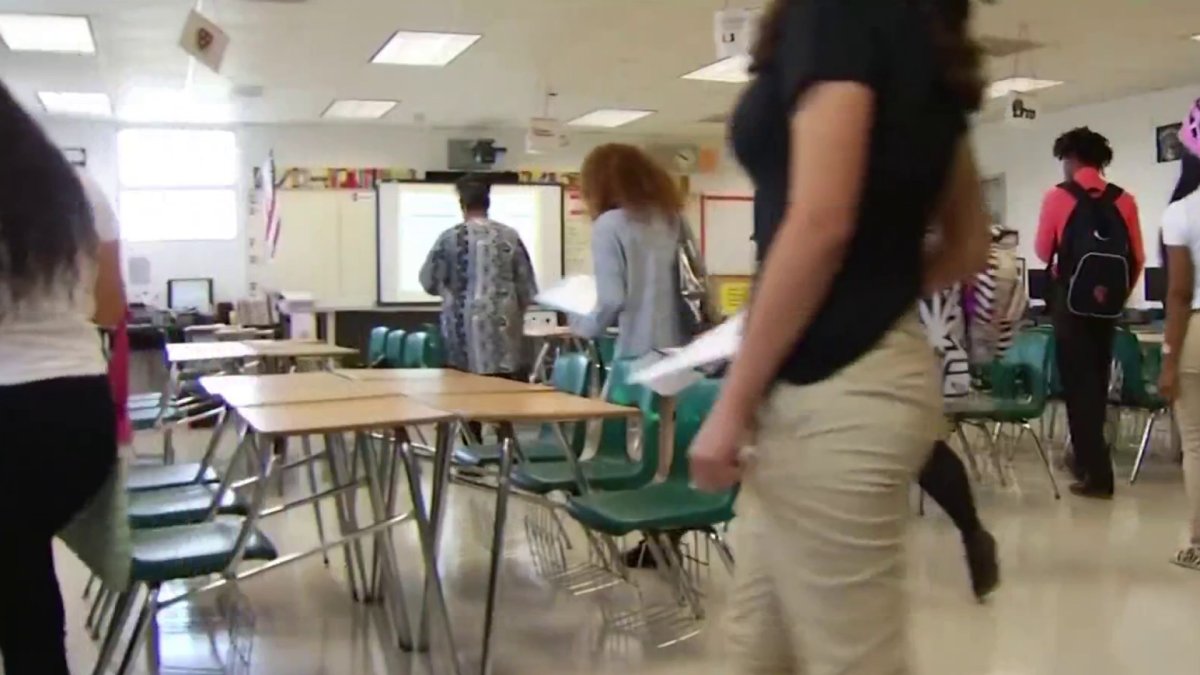Florida Governor Ron DeSantis has signed legislation expanding the state’s voucher program to all students.
DeSantis signed the bill during a press conference at Christopher Columbus High School in Miami.
The law removes income eligibility requirements that were part of previous programs and makes all students eligible for taxpayer-backed vouchers.
WHO BENEFITS?
Students are eligible to receive vouchers if they are “residents of this state” and “eligible to enroll in K-12.”
The bill includes a tiered “priority” system for students to receive coupons. Students with a family income below 185% of the federal poverty level, or about $51,000 for a family of four, are given first priority. Then there are students whose family income ranges from 185% of the poverty line to 400% of the poverty line, which equates to about $111,000 for a family of four.
The bill also allows home-schooled students to receive voucher funds, another change from previous programs. But the measure would require those students to be classified as participating in a “personalized education program”, which would come with certain requirements, such as students having to take national tests or national assessments.
It is also setting up so-called “education savings accounts,” allowing recipients to spend funds on a variety of purchases beyond private school tuition. Some of these purchases could include tuition, fees for various exams, and contracted services provided by public schools.
It is estimated that the vouchers would be worth 7-8 thousand dollars for each student. Today in Florida, some 170,000 students use them, but with the new law, that number will increase dramatically. Vouchers can be used for enrollment in private schools.
HOW MUCH WILL IT COST TO THE STATE
There is no consensus on the cost to the state of expanding the coupons, since the House of Representatives and Senate staff analyzes included different calculations; the House estimated $209.6 million, while a Senate analysis calculates a cost of about $646 million, an El Nuevo Herald report found.
Democratic state Rep. Susan Valdes, who backed the measure after an amendment, said “private schools should let the school district know how many potential seats they stand to lose… maybe They don’t lose them because we recognize that 85% of Floridians choose the public system to educate their children.
The representative explained to Telemundo 51 that knowing how many students would be interested in the vouchers, they could then calculate the total amount of funds. And therefore also calculate how much public schools would receive.
OPPOSITION TO THE LAW
Critics of the move called it a “coupon for millionaires”. And those who support it say it gives parents one more option in raising their children.
The Florida Education Association teachers’ union mocked the measure for providing an “$8,000 taxpayer-funded voucher to millionaires and billionaires”, saying in a tweet that the measure was a “terrible idea”.
Proponents, however, said the bill would spur competition between schools, provide choice for parents and ultimately improve the quality of education.

